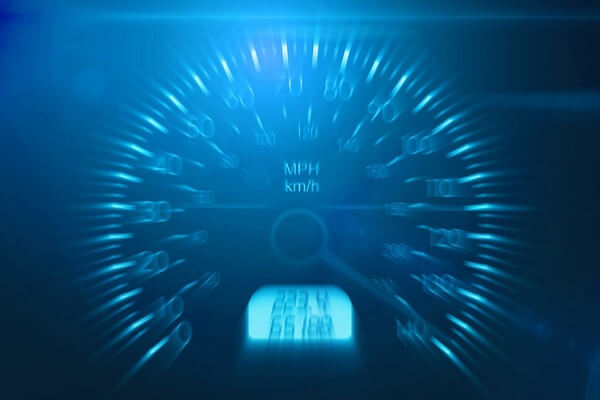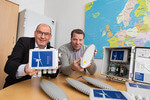News Release from windfair.net
Wind Industry Profile of
Emergency open-heart surgery
When 27 countries come together, it often takes long to reach agreement. The EU had to make this painful experience time and again in its past. In addition, there is the periodic problem that it takes time for decisions from Europe to be adapted to applicable law in the individual countries and be implemented ultimately.
Since the beginning of the energy crisis, however, time is something that Europe no longer has. It has taken far too long to push ahead with the energy transition. There had been enough cheap energy from Russia - with fatal consequences for the climate and the energy security of the bloc of countries. With the Russian attack on Ukraine, Europe was suddenly jolted out of its deep sleep.
Now an EU emergency regulation is supposed to fix this: Permits for renewable energy projects shall be easier and faster to come by because they are of public interest.
The duration of construction projects is a problem that developers in Germany, for example, know all too well. It can take eight to ten years for an onshore wind farm to be built and operational. Much too long, which is why a new 'Germany speed' is needed, according to the current motto of the so-called traffic light coalition, which - barely in office - was confronted with the Russian war. Since then, there has been a fast-track attempt to make up for past failures. During a visit to energy supplier EnBW in southern Germany, German Economics Minister Robert Habeck commented recently: "More than ever, we need to push ahead with the expansion of renewable energies and the energy transition. As we expand renewables, we must also move forward with grid expansion."

Europe needs to overcome old obstacles fast (Image: Pixabay)
And while Germany has already initiated measures in the Easter package and its successors, support is now to come from Brussels. An urgent necessity, as Wind Europe CEO Giles Dickson points out: "These emergency measures on renewables permitting are just what Europe needs. The IEA were clear last week. We might get through this winter. But next winter will be much tougher. We’ve got to build all the new renewables we can by then. That means emergency measures to tackle the biggest bottleneck which is red tape in permitting. And beyond next winter we’ve got to then keep building as much new renewables as possible to meet the new 2030 energy security targets."
The fact that things are not only not moving forward but are actually going backwards at the moment is evidenced by the third quarter figures: a full 36% fewer orders than a year ago trickled in to turbine manufacturers' books.
"The hard reality is we’re not building enough new renewables," Dickson clarifies. The new measures are now intended to provide clarity on mandatory permitting deadlines, facilitate repowering of wind farms, and ensure that renewables are deemed to be in the overriding public interest. The measures are expected to come into force as early as the end of the year. That is, if agreement can be reached....
- Author:
- Katrin Radtke
- Email:
- press@windfair.net
- Keywords:
- EU, Europe, WindEurope, Germany, speed, high speed, Russia, fossil, energy crisis, climate goal, energy transition, security



























